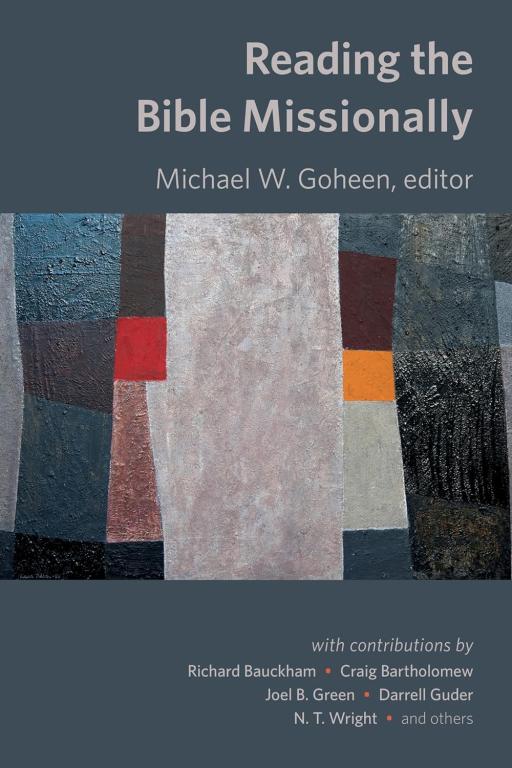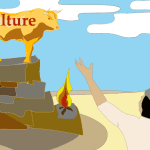
This semester, I’ve been teaching students about how to read Scripture missionally. Reading the Bible missionally involves approaching the Scriptures with a focus on God’s overarching mission to redeem and restore the world through Christ. This perspective emphasizes the narrative of salvation history and God’s intent to bless all nations, as seen throughout the biblical text. Here are some key principles for reading the Bible with a missional hermeneutic:
1. The Metanarrative of Scripture
Understand the Bible as the story of God’s mission. This includes creation, fall, the election of Israel, the redemption of the church, its mission, and new creation. The narrative begins with God’s intention for humanity, moves through the dramatic story of Israel, and culminates in the life, death, resurrection, and future return of Jesus Christ, extending to the church’s role today.
2. Christocentric Interpretation
Interpret all of Scripture in light of the person and work of Jesus Christ. Christ is the climax of the biblical narrative and the ultimate revelation of God’s mission. Reading the Bible missionally means seeing Christ not only in the explicit messianic prophecies but also as the fulfillment and embodiment of the whole redemptive story. Christ’s own ministry shapes and motivates our mission
3. The Missional Nature of God
Recognize the missio Dei (mission of God) as a central theme. God is a sending God, who has a heart for the lost, desiring reconciliation and redemption. We can trace this theme from Genesis to Revelation, and it should be the lens through which the Bible is read.
4. The Church’s Role in Mission
See the church as the primary instrument of God’s mission. The New Testament, in particular, should be read with an understanding that the church is called to participate in God’s mission, continuing the work started by Israel and Jesus to be a light to the nations.
5. Cultural and Historical Context
Interpret the Bible with an awareness of the cultural and historical context of both the text and the reader. Recognize that while the Bible was written for us, it was not written to us. Understanding the context of the original audience helps us to discern how to live out the Bible’s teachings missionally in our own cultural context.
6. The Missional Impulse of the Biblical Authors
Appreciate the intention of the biblical authors to address not only their immediate context but also to speak to God’s broader mission. This involves recognizing how the text challenges cultural norms and calls for a transformative response from the reader.
7. Integrative and Interdisciplinary Approach
Incorporate insights from theology, history, sociology, anthropology, and other disciplines to enrich one’s understanding of the Bible and its implications for mission. We all have things to learn from one another, yet I’m grieved to see how little this principle of humility impacts how we train others and ourselves.
8. Ethical and Practical Application
Apply the biblical text to contemporary life in a way that is consistent with the missional heart of God. This involves discerning ethical principles and practical directives for living out the mission of God in today’s world. We should ask ourselves, “What would life look like if Jesus were reigning in this area of our life?”
9. Narrative and Inductive Study Methods
Use narrative and inductive Bible study methods that allow for the themes of mission to emerge from the text. This means allowing the story of the Bible to unfold on its own terms, leading to a deeper understanding of its message. Prioritize biblical theology (i.e., NT and OT scholarship) first before the work of systematic theology.
10. The Bible’s Transformative Purpose
Approach the Bible missionally, not just as a document to be studied but as a transformative tool that God uses to shape individuals and communities in line with His mission. This can be so difficult when the Bible becomes too familiar.
By integrating these principles, we can cultivate a missional reading of the Bible that informs and empowers their participation in God’s redemptive work in the world. This approach moves beyond personal piety and ethical instruction, framing the entire Christian life as a response to God’s call to be part of His global mission.
















